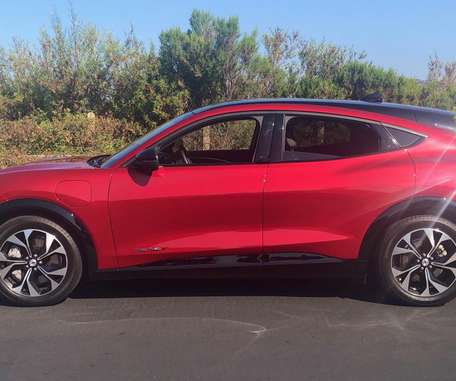MIT automotive crash model could forecast oil and gas pipe fractures; Deepwater Horizon case study
Green Car Congress
AUGUST 17, 2011
A computer model that tests automobile components for crashworthiness could also be of use to the oil and gas industry, according to researchers at MIT’s Impact and Crashworthiness Laboratory, who are now using their simulations of material deformation in car crashes to predict how pipes may fracture in offshore drilling accidents.






















Let's personalize your content